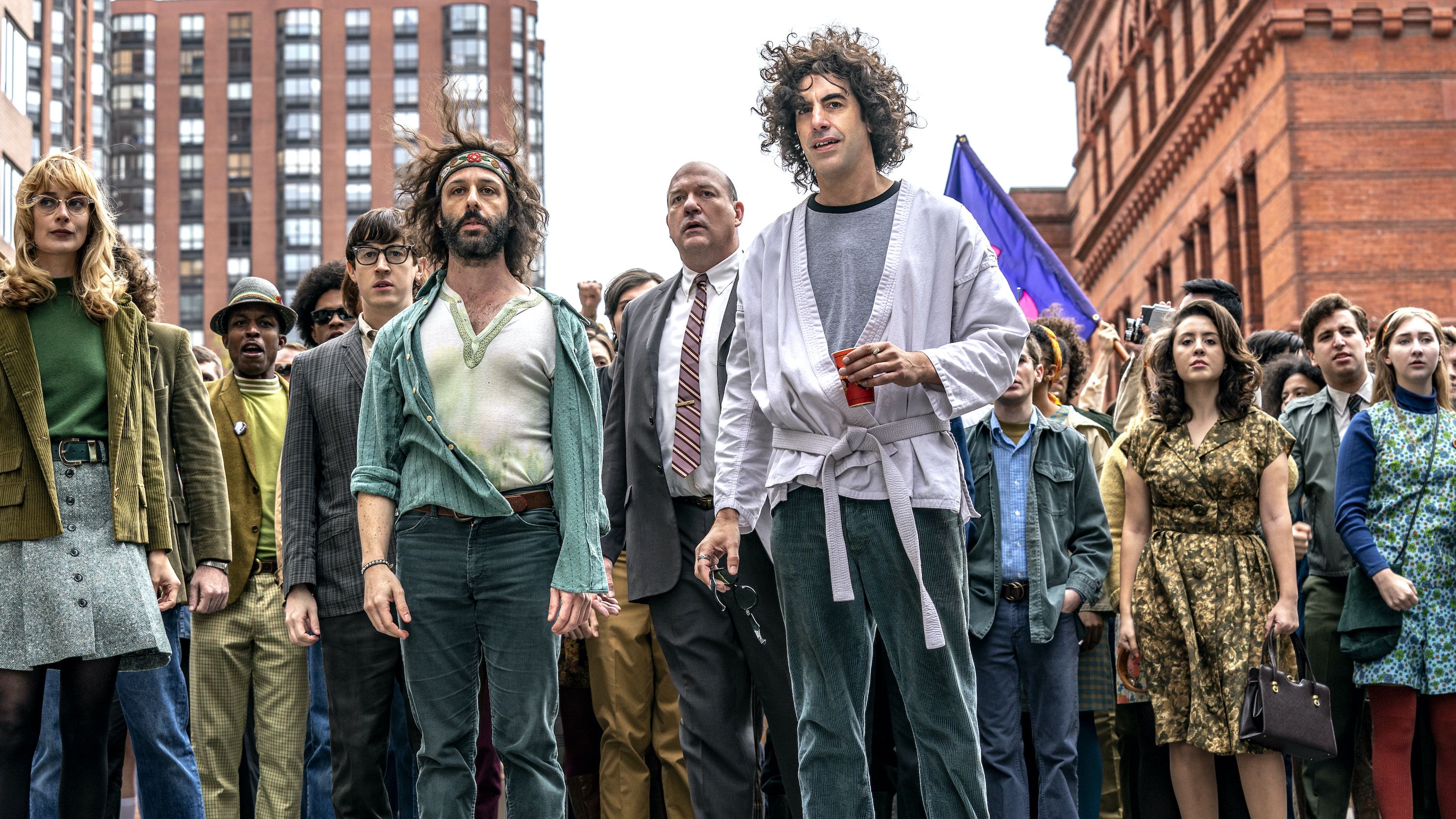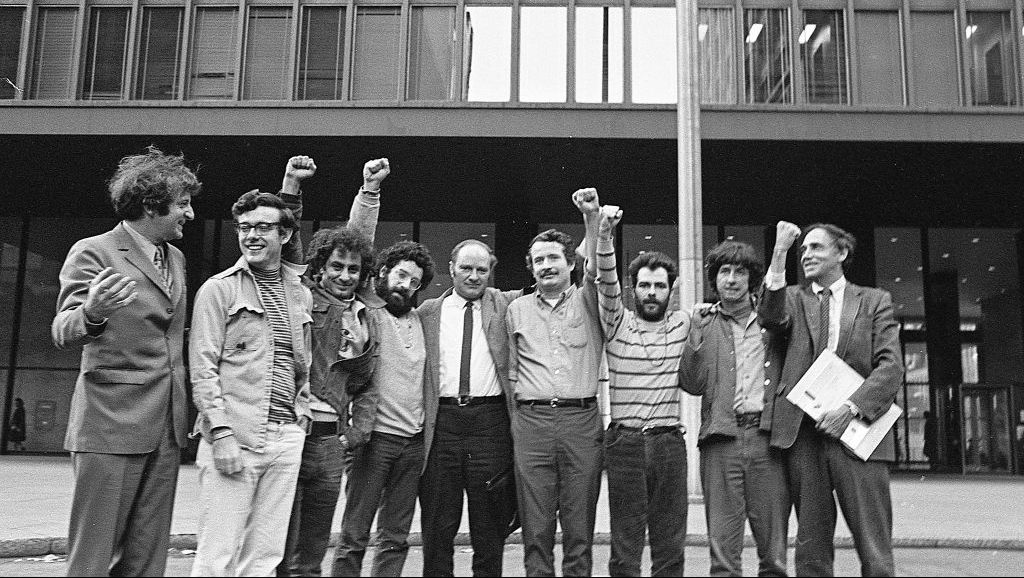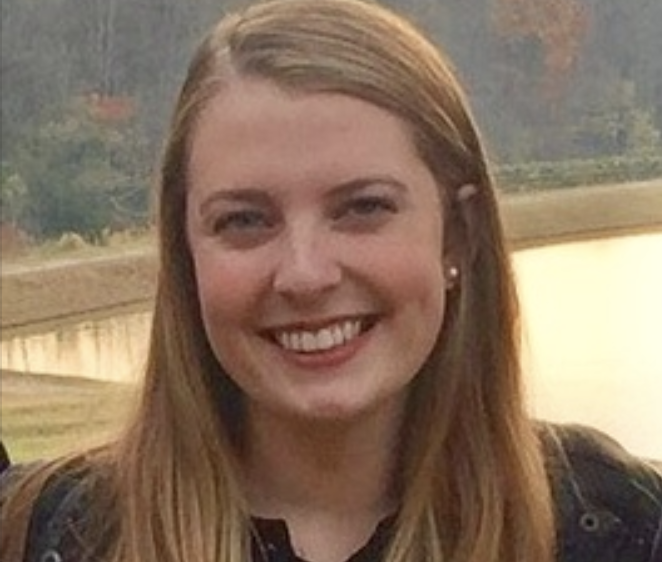'The Trial of the Chicago 7': What Happened to the Real-Life Defendants?
Most continued their work as leaders in the "New Left" movement after the trial.


In the late '60s, eight leaders of the "New Left" were charged with conspiracy and inciting to riot, among other charges, stemming from their involvement in an anti-Vietnam War protest held near the 1968 Democratic National Convention in Chicago. Their trial lasted nearly five months and resulted in prison sentences for five of the defendants; two of the others were cleared of all charges, while the eighth, Bobby Seale, co-founder of the Black Panthers, was dismissed from inclusion in the trial partway through. The trial and the events leading up to it are dramatized in the new Netflix film The Trial of the Chicago 7, which paints a clear picture of the unrest building among antiwar and counterculture protestors in the '60s.
Much of the film focuses on the infuriating treatment of left-leaning protestors by establishment forces like the police, the courts, and the executive branch—made all the more infuriating by how similar it still seems to America in 2020—even though all of the charges were eventually overturned on appeal.
Of course, even Aaron "Walk and Talk" Sorkin can't fit every single detail of the trial and multiple defendants' lives into a single two-hour film, so here's everything the movie left out or skimmed over, and what happened to the Chicago Seven after the trial ended.
What were the Chicago Seven charged with?
After more than six months of grand jury deliberations, the group originally nicknamed the Chicago Eight—Rennie Davis, David Dellinger, John Froines, Tom Hayden, Abbie Hoffman, Jerry Rubin, Bobby Seale, and Lee Weiner—were handed several federal charges related to the 1968 demonstration. All except Froines and Weiner were charged with crossing state lines to incite a riot, while those two were charged with instructing others in building and using incendiary devices. Additionally, all eight, plus 16 others who were ultimately not indicted, were charged with conspiracy to incite a riot, to teach others to make incendiary devices, and to obstruct law enforcement officers from carrying out their duties.

Was Bobby Seale really bound and gagged during the trial?
Yes. In fact, while The Trial of the Chicago 7 shows Seale being severed from the trial immediately after Judge Julius Hoffman ordered him to be bound, gagged, and chained to his chair in the courtroom, in reality, he was forced to appear in court this way for several days before his involvement in the proceedings was declared a mistrial. Hoffman also ignored the fact that Seale's lawyer was unable to attend the trial due to a medical emergency and denied Seale's requests to represent himself. When Seale was finally dismissed from the trial, the judge charged him with 16 counts of contempt of court, resulting in a four-year prison sentence; an appeals court soon overturned the charges.
Beyond the racist and unconstitutional treatment of Seale during the trial, his involvement in the case was a farce to begin with since, as the movie shows, he had no hand whatsoever in planning the protest.
Was the Chicago Seven case a show trial?
In the film, the defendants are adamant that the charges were brought against them not in the pursuit of justice, but as a way for the Nixon administration to symbolically fight back against the counterculture and New Left movements, in what they call a "political trial." Their accusations were true: While Lyndon B. Johnson's Attorney General Ramsey Clark discouraged the grand jury from pressing charges on the original eight defendants after an investigation found that the violence at the protest was started primarily by Chicago police, the indictments were passed once Nixon and his own Attorney General, John Mitchell, took office in early 1969.
Get exclusive access to fashion and beauty trends, hot-off-the-press celebrity news, and more.
The pro-government bias of the trial is also evident in Judge Hoffman's behavior. In addition to his racist treatment of Seale, the judge also blocked the jury from hearing key testimony from former Attorney General Ramsey Clarke and activist Ralph Abernathy, and refused to let jurors see several pieces of evidence in support of the defendants, including a document in which Hayden and Davis had expressed a goal of nonviolence for the demonstration. Hoffman also strictly limited the defense team's questioning of Chicago Mayor Richard Daley.
On top of all this, the judge cited the defendants and their lawyers with an unprecedented amount of contempt for court charges—though he did so only after oral arguments had ended, not mid-trial, as seen in the film. In all, Hoffman handed down 159 counts of criminal contempt, many of which were doled out for instances as innocent as laughter and sarcastic tones, and which called for additional prison sentences ranging from a few months to multiple years for the defendants.
What happened to the Chicago Seven?
After the months-long trial, the remaining seven defendants were acquitted of conspiracy, but all except Froines and Weiner were found guilty of crossing state lines with intent to incite a riot. They were each fined $5,000 and sentenced to five years in prison.
However, in May 1972, about two years after the trial's completion, all of the charges of contempt were reversed in an appeals court, which then overturned all of the incitement to riot convictions, citing the judge's "deprecatory and often antagonistic attitude toward the defense."
Following the trial, most of the defendants continued their work in left-wing organizing and activism. For example, Jerry Rubin and Abbie Hoffman, co-founders of the Youth International Party, reunited for a joint speaking tour in the '80s (after Hoffman spent a few years in hiding from the law due to drug charges); David Dellinger continued protesting right-wing politics well into his 80s, when he was arrested during a sit-in at the 1996 Democratic National Convention in Chicago; Tom Hayden ran multiple successful campaigns to join the California State Assembly and Senate (and, fun fact, was married to Jane Fonda from 1973 to 1990); and Bobby Seale continued his work as head of the Black Panthers until the mid-'70s, and now travels to colleges to advise students on community organizing and social activism.
Andrea Park is a freelance writer for Marie Claire, where she writes mainly about pop culture, drawing on her lifelong obsessions with consuming every book, movie, and TV show she can get her hands on. Andrea is based in Chicago and graduated from Northwestern University's Medill School of Journalism and Columbia University's Graduate School of Journalism. Her byline has also appeared in W, Glamour, Teen Vogue, PEOPLE, and more.
